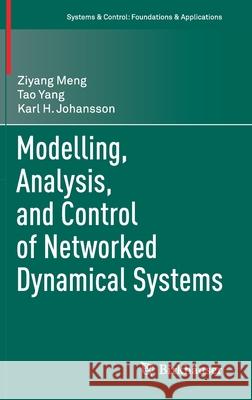Modelling, Analysis, and Control of Networked Dynamical Systems » książka
topmenu
Modelling, Analysis, and Control of Networked Dynamical Systems
ISBN-13: 9783030846817 / Angielski / Twarda / 2021 / 166 str.
Modelling, Analysis, and Control of Networked Dynamical Systems
ISBN-13: 9783030846817 / Angielski / Twarda / 2021 / 166 str.
cena 442,79
(netto: 421,70 VAT: 5%)
Najniższa cena z 30 dni: 424,07
(netto: 421,70 VAT: 5%)
Najniższa cena z 30 dni: 424,07
Termin realizacji zamówienia:
ok. 16-18 dni roboczych.
ok. 16-18 dni roboczych.
Darmowa dostawa!
Kategorie:
Kategorie BISAC:
Wydawca:
Birkhauser
Seria wydawnicza:
Język:
Angielski
ISBN-13:
9783030846817
Rok wydania:
2021
Wydanie:
2021
Numer serii:
000307421
Ilość stron:
166
Waga:
0.43 kg
Wymiary:
23.39 x 15.6 x 1.12
Oprawa:
Twarda
Wolumenów:
01
Dodatkowe informacje:
Wydanie ilustrowane











